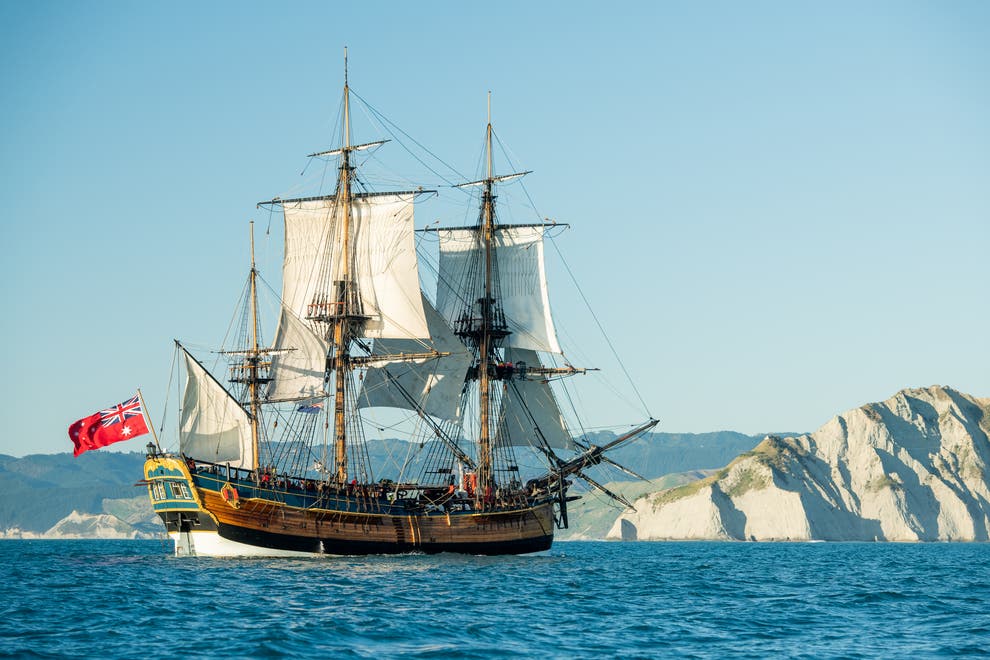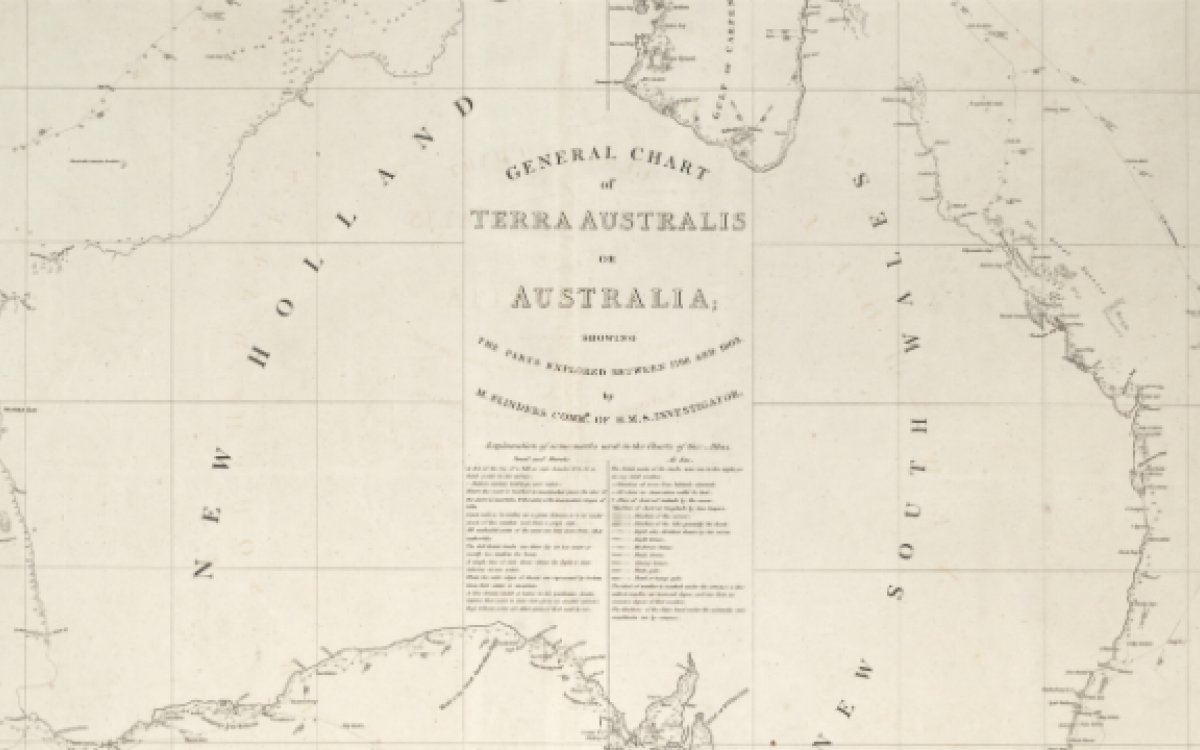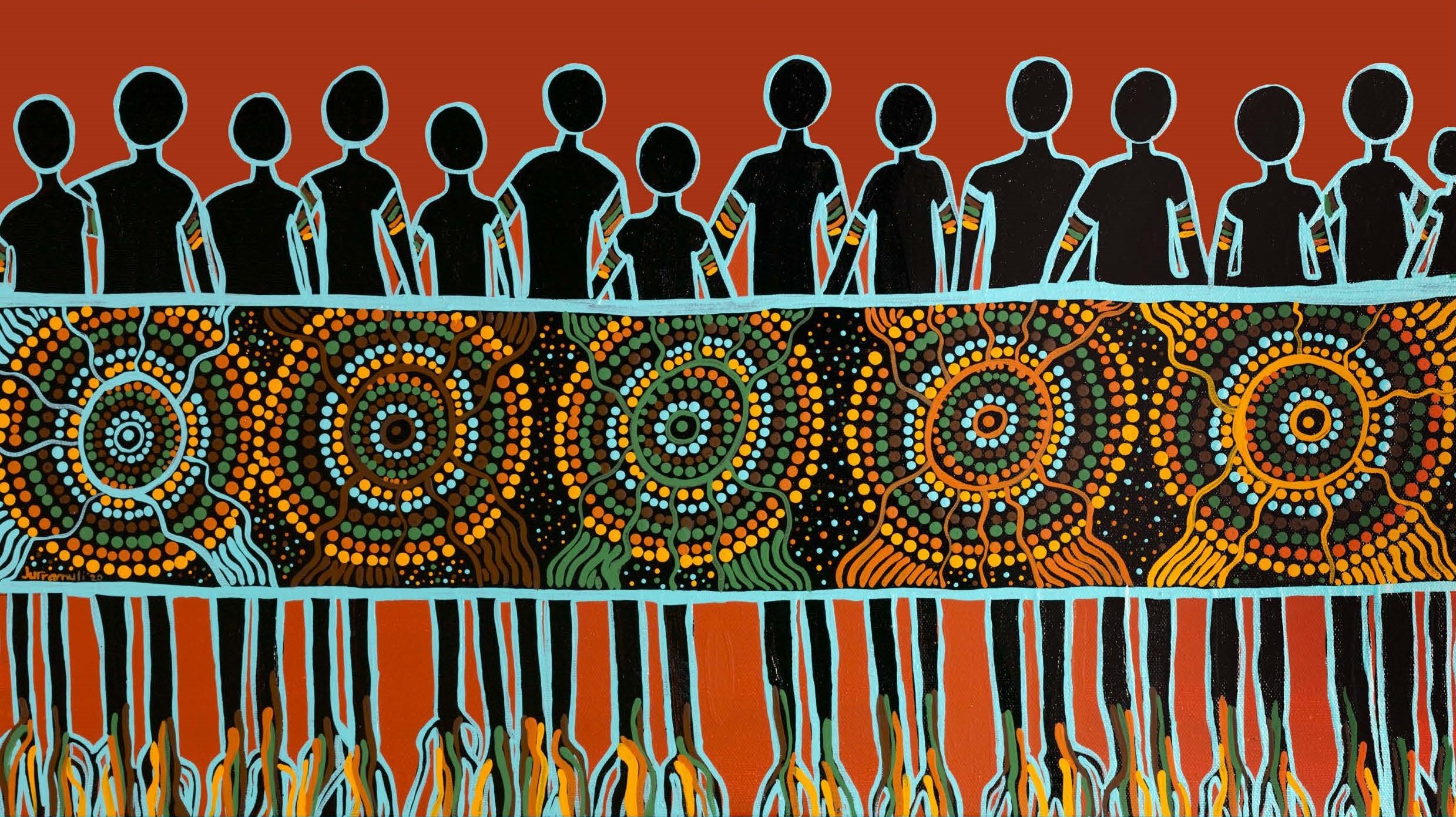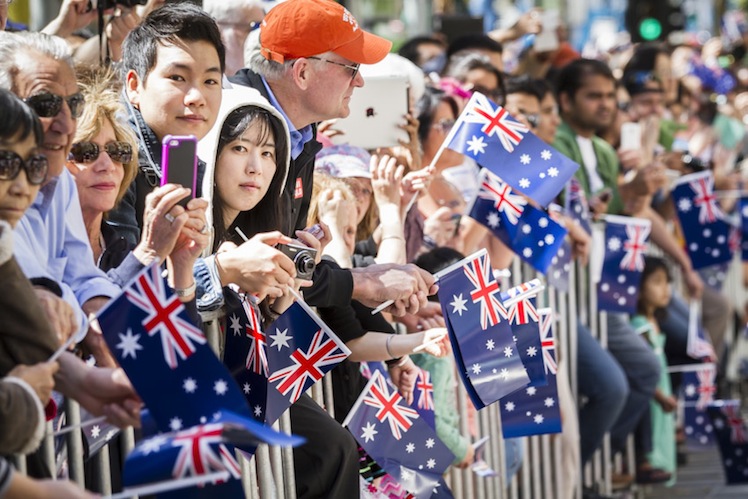I SUSPECT THAT MANY OF YOU, LIKE MYSELF, ARE GETTING THOROUGHLY SICK AND TIRED OF THE MISSINFORMATION BEING PUT AROUND ON THE INTERNET ABOUT JANUARY 26TH, AUSTRALIA DAY.
Here is how it actually came about.
CAPTAIN COOK AND THE FIRST FLEET
Captain Cook landed at Kurnell, Botany Bay on the 28th of April, 1770, and claimed the east coast of the Australian continent for Britain, naming it New South Wales.

The first boat of the First Fleet landed at Botany Bay on 18 January, 1788, but the Fleet then later moved to Port Jackson (what became Sydney).
Yes – Arthur Phillip arrived at Sydney Cove on 25th January 1788 and the next day a flag was raised as was the Royal Naval practice. It wasn’t until some 30 years later that the Union Jack was raised to under the direction by Governor Darling to commemorate that settlement at Sydney Cove.
THE NAMING OF AUSTRALIA
January 1st 1900 was not the day that Australia was named. It was the day that the Commonwealth of Australia was formed by the federation of six British colonies: New South Wales, Victoria, Queensland, South Australia, Western Australia, and Tasmania1
The name Australia was derived from the Latin word australis, meaning “southern”, and was used to refer to the hypothetical landmass in the south pole, known as Terra Australis.
The name Australia was first suggested by the English explorer Matthew Flinders in 1804, who circumnavigated the continent and drew a map of it. He preferred the name Australia over New Holland, which was the name given by the Dutch in the 17th century.

The name Australia was officially adopted by the British Admiralty in 1824, and was used in British legislation in 1828. The name Commonwealth of Australia was formalised in the Commonwealth of Australia Constitution Act 1900, which was passed by the UK Parliament.
January 1st, 1901 was the day that the Commonwealth of Australia Constitution Act 1900 came into effect.

Aboriginals never had a name for their country. There were several hundred separate tribes, most of which had their own language. The only names were the Aboriginal names for their various regions, roughly defined as their “hunting grounds” which were vigorously defended from invasion by any of the neighbouring tribes.

JANUARY 26th
The real relevance of January 26th is when the National and Citizenship Act 1948 was proclaimed. This was the first day we all became Australians. Prior to that, all citizens, including Aboriginals born after 1921 were called “British Subjects.”
Prior to this time, the various British colonies in Australia all had their own “Australia Day”, which was celebrated on a range of dates
The excuses for calling Australia Day (26th January) “Invasion Day”, based on the supposition that the date was either Captain Cook’s first landing, or the arrival of the First Fleet, are simply WRONG!
It was Arthur Phillip who was committed to establishing and maintaining friendly and peaceful relationships with the Aboriginal people and his friendship and support by Woollarawarre Bennelong, a Wangal man who grew up on the Parramatta River.
Phillips official orders are recorded as “concilliate their (aboriginals) affections and live in amity and kindness with them” and this shows Phillip as both progressive as well as having loyalty to the British Empire.
Bennelong in many ways acted as an intermediary between the aboriginal people and the Colonial settlers.
Note here that the International Court in the Hague ruled that any territory subject to invasion prior to 1935 is not recognised as requiring restitution or compensation.
Also worthy of note is that in the culture of all Indigenous Aboriginal Peoples, it is acknowledged that it is the Land which owns them, they are instead the stewards/ custodians, rather than owners of the land
CONCLUSION


“The 26th of January is a great day for all of us. It is the day that Australians received their citizenship. The day which celebrates the implementation of the Nationality and Citizenship act of 1948, when we all became Australians in our own right. An Act giving freedom and protection to all Australians, old and new, the right to live under the protection of Australian Law, as a united nation.
Now, this annual date for a national celebration each year on January 26th is important. So, let’s just celebrate the day for what it is, the fact that we are Australians in our own right.”
And not talk of changing it for all the wrong reasons.
It is important that all Australian Citizens know these things and that it is a mandated inclusion within the curriculum of our education systems.
(Researched by Ray Read & Ian Childs 15/01/2024.)
